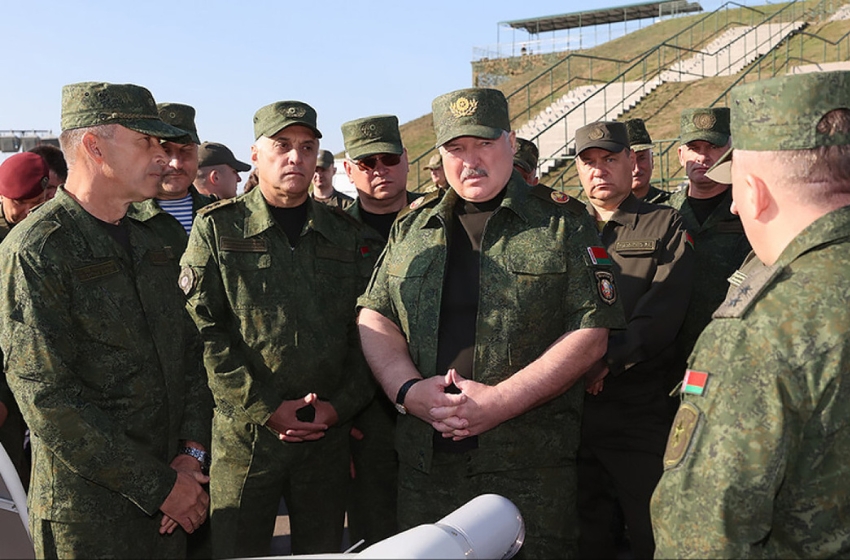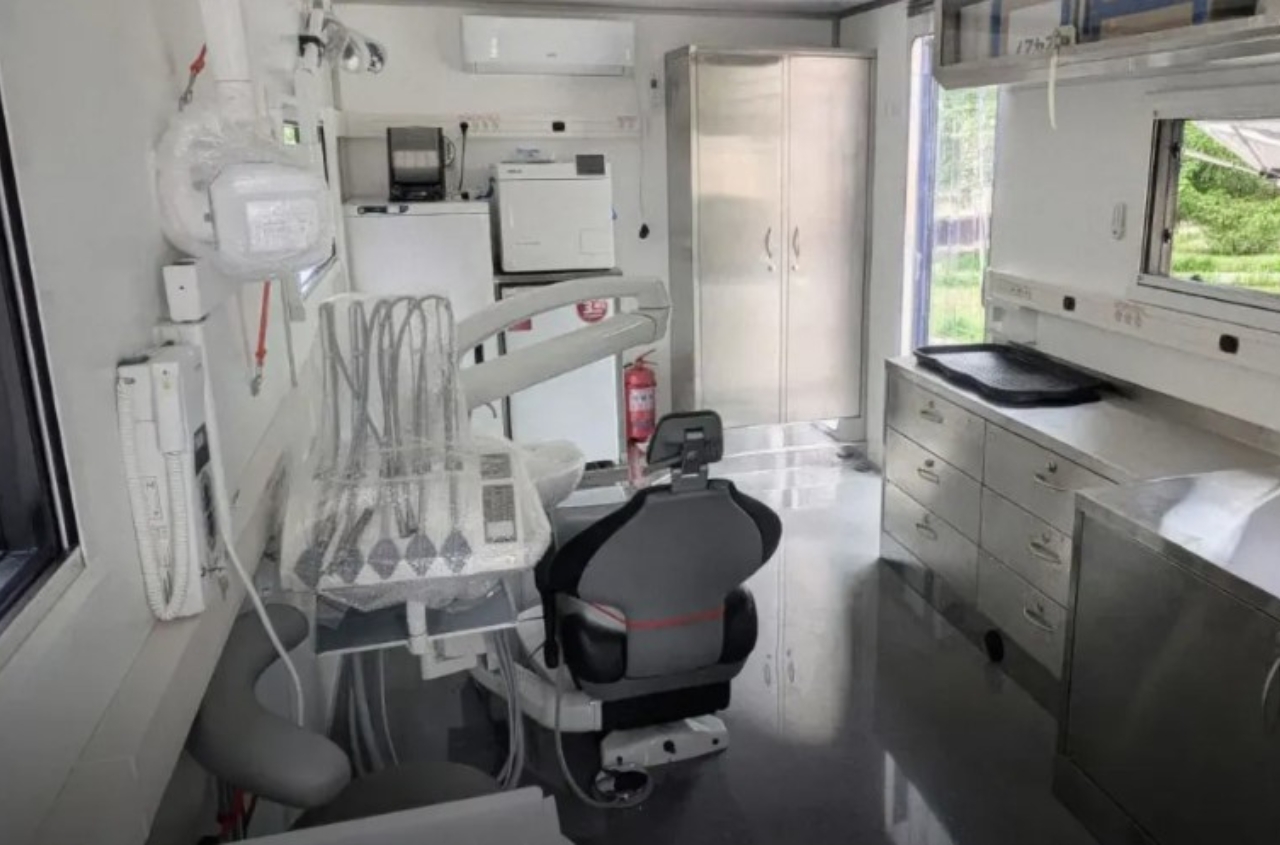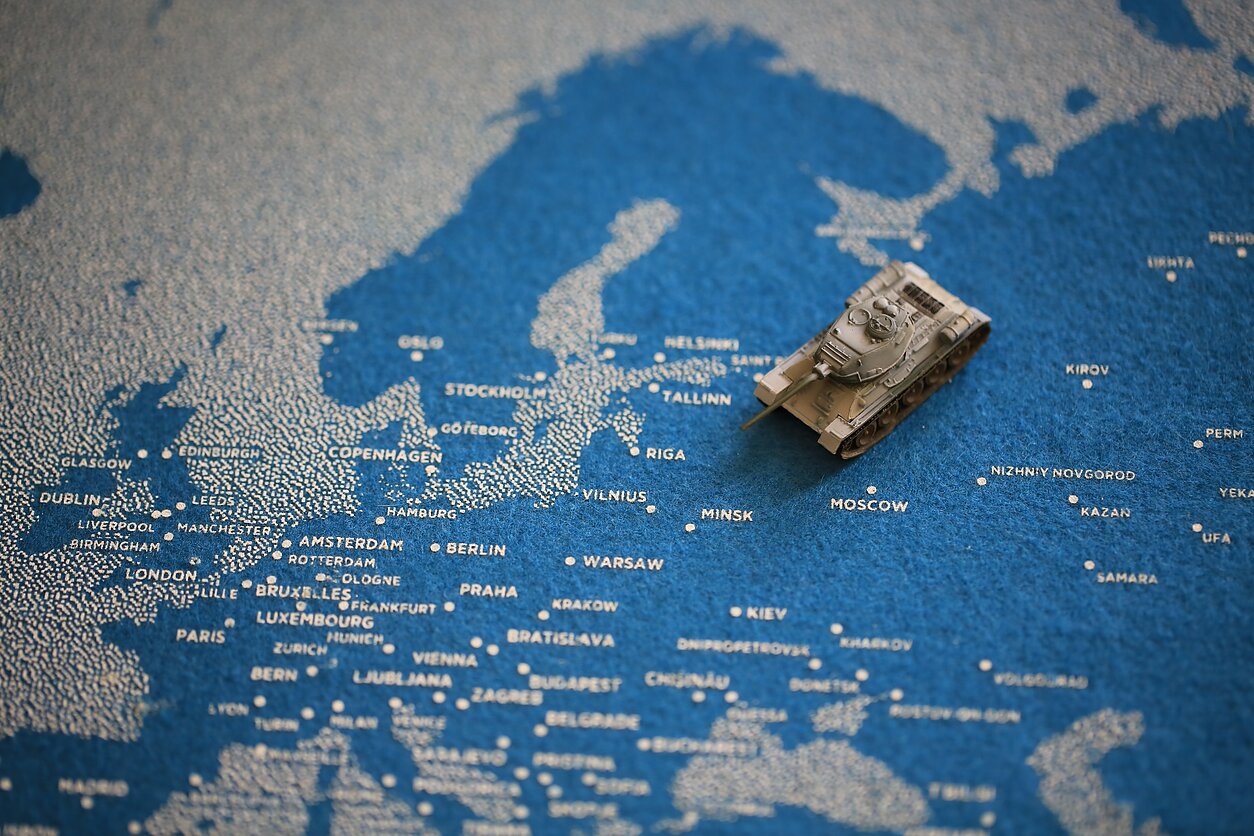Belarus must be able to respond to threats from its adversaries, so it needs to continue strengthening its military capabilities and modernizing its army, stated the country's president, Alexander Lukashenko.
“The old formula: if you want peace, prepare for war. I want to emphasize once again that we do not intend to fight, we do not want to fight… This has already been said. Our adversaries, our competitors, listen to this but continue their work. Those who are preparing to fight against us, let’s be clear, are preparing for war. Therefore, we must prepare for war,” he said during a meeting at the Obuz-Lesnovsky military training ground.
Lukashenko did not specify who he means by “adversaries” and “competitors” of Belarus, but noted that the military has already taken a number of actions “seeing how events are unfolding at the front” in Ukraine, and “studying the wars that have occurred in recent years around the world.”
“We have reformed our army four times and are probably approaching the modernization of our armed forces for the fifth time,” he clarified.
At the same time, Lukashenko noted that he does not currently observe “trends toward unleashing war” against Belarus, “although the situation remains tense.”
At the end of August, the Ukrainian Ministry of Foreign Affairs stated that the Belarusian army had concentrated significant forces near the state border under the guise of exercises, including tanks, artillery, MLRS, and air defense units in the Gomel region. Mercenaries from the Russian Wagner Group were also reportedly spotted in the area. The Ministry of Foreign Affairs urged Lukashenko not to make “tragic mistakes under pressure from Moscow” and to withdraw troops from the border.
Lukashenko, in turn, claimed that Ukrainian strike drones allegedly violated Belarusian airspace and accused Kyiv of provocation. The National Security and Defense Council of Ukraine considered these actions an attempt to distract the Ukrainian Armed Forces command from the offensive in the Kursk region, thus helping Russian President Vladimir Putin.
Previously, Lukashenko had repeatedly accused neighboring NATO countries of increasing their troops at the border and called for preparations for a possible conflict. In the spring, he visited army positions near the border with Lithuania and discussed possible combat actions in the Suwalki Corridor, which connects Poland with the Baltic states and separates Belarus from Russia's Kaliningrad region. This territory, just over 100 km long, is considered one of Putin’s most likely targets in the event of a war with NATO: capturing it would cut off Lithuania, Latvia, and Estonia from other Alliance members.
At that time, Lukashenko stated that Belarusian troops would soon have to confront the Baltic states and “take a piece of Poland.” The commander of the Northwestern Operational Command, Alexander Naumenko, assured that “all actions are planned,” and combat readiness issues are being addressed.
In February, Lukashenko described concerns about a possible third world war as not unfounded and urged preparations for it “mentally and strategically.”
“The accession of Finland to NATO, and soon Sweden — this is another stage of eastward expansion. They will draw Bosnia and Herzegovina, Moldova, Georgia, Serbia into the alliance. And all this will follow the scenario of Ukraine,” he stated.





















